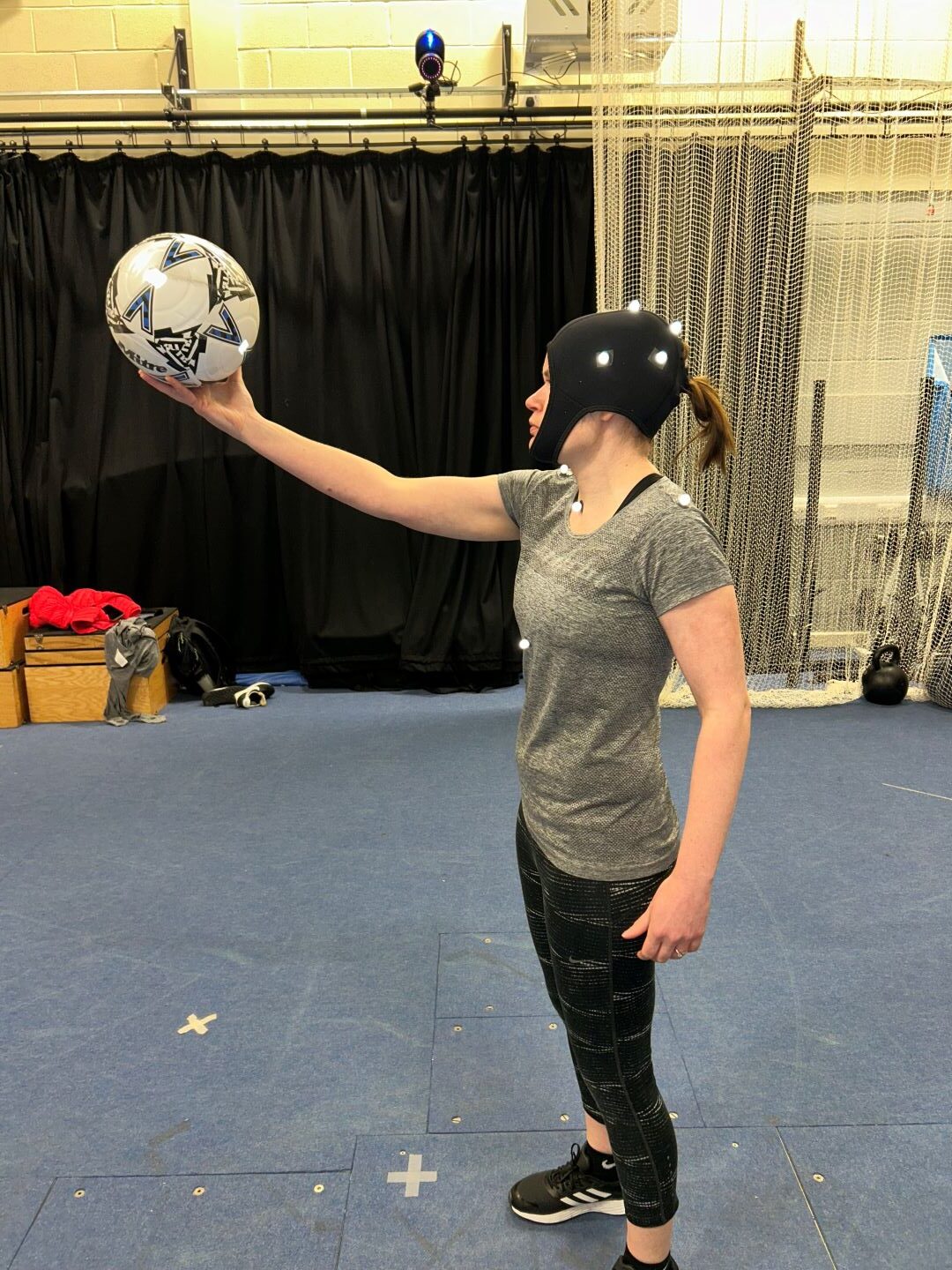International collaboration investigates the mental health of professional esports athletes

University of Chichester academics take the lead in understanding the prevalence of mental ill health in Counter-Strike
In the first study of its kind, University of Chichester academics have led a project examining the prevalence of mental ill health and mental wellbeing in esports.
Following the burgeoning interest of esports in academic literature, media articles, professional practice and in the competitive landscape, there has been a shift in recent years to better understand the health of esports competitors.
To build on the previous stress, pressure and mental health related research conducted by Dr Phil Birch and Dr Benjamin Sharpe at the University of Chichester in 2019, 2022, 2023, 2024a, 2024b, 2024c, the most recent study found high levels of distress, anxiety and depression, and low levels of mental wellbeing within professional Counter-Strike athletes.
Despite numerous anecdotal accounts of mental health struggles faced by esports competitors, until now there has been no explicit examination of the prevalence of mental health in professionals.
This international collaboration, involving the University of Winchester, King’s College London and Bergen University in Norway, is aimed at gaining deeper insights into the mental health and mental wellbeing of Counter-Strike athletes. The ultimate goal is to highlight the critical significance of mental health within the broader ecosystem of esports.
Dr Phil Birch, lead-author and Senior Lecturer at the University of Chichester, said: “We hope our study provides the necessary platform for future research to examine the risk factors of mental health and mental wellbeing in esports competitors. We are confident that our ongoing research examining stressors, social support, burnout and social phobia anxiety may unpack the factors contributing to mental ill health in esports, and ultimately facilitate the development of interventions to designed to promote mental wellbeing.”
Dr Atheeshaan Arumuham, King’s College London Clinical Research Associate and Gaming the Mind charity mental health practitioner, added: “Our study provides a valuable insight into the mental wellbeing of professional Counter-Strike esport athletes. Importantly, we have found that athletes may be vulnerable to poor mental health, with nearly three in every four reporting poor mental wellbeing, and one in every four reporting symptoms of depression.
“The key points that we hope the athletes, teams and the wider industry take from these findings is to foster an environment of mental wellbeing promotion and reduce the barriers to mental healthcare for players. By regularly talking about the needs of athletes, early steps can be taken to address these issues thus ensuring that their wellbeing is prioritised.
“Future studies would be of great benefit to understand what mechanisms are driving these reports of poor mental wellbeing, and if such findings also exist within the wider esports community.”
Dr Benjamin Sharpe, co-author and Lecturer at the University of Chichester, said: “It’s imperative that the field aims to develop, validate, and appropriately implement sustainable interventions to mitigate the occurrence and prevalence of negative thoughts, feelings and emotions amongst competitors.”
The study builds on the University of Chichester’s academic expertise in esports and its established BA (Hons) Esports undergraduate degree which recently saw its second cohort graduate.
Students on the three-year course learn in an immersive gaming environment at the University’s £35million Tech Park and cover the physical and psychological impacts of esports, including nutrition, coaching, and strategy.
The university’s BSc (Hons) Psychology and BSc (Hons) Sport and Exercise Psychology degrees also explore the core principles that underline everyday human experience and examines how certain behaviours can be explained using psychological constructs, such as cognitive ability, and methods of investigation, such as mobile eye tracking.
Phil and Ben’s success in leading the project consolidates their contributions to this space and University of Chichester’s reputation for esports excellence.
To find out more about the project email Dr Phil Birch at: P.Birch@chi.ac.uk





